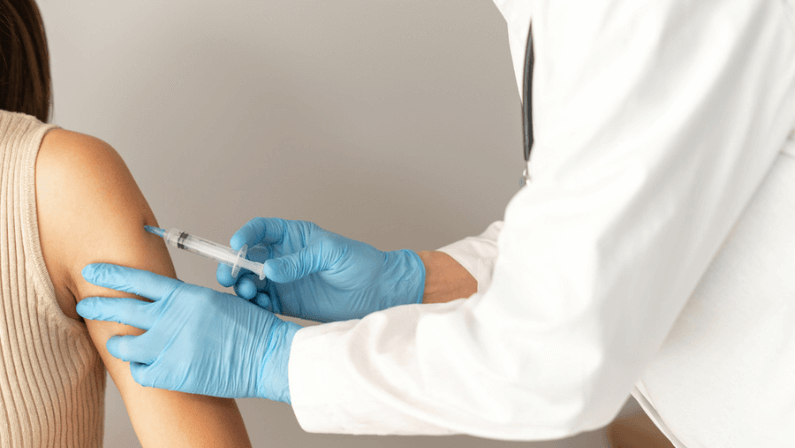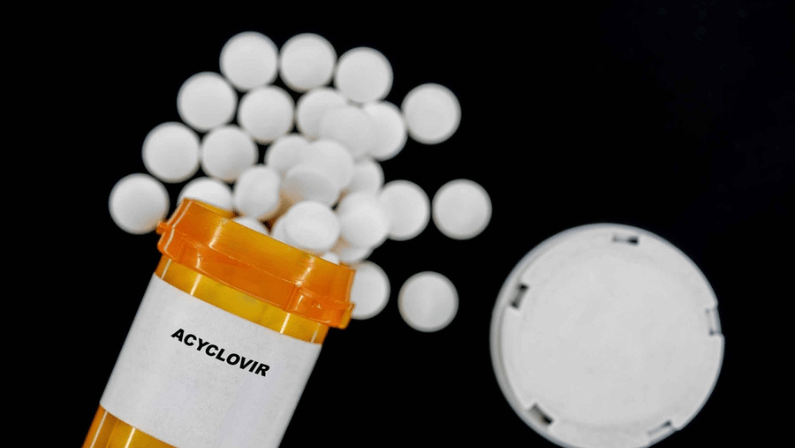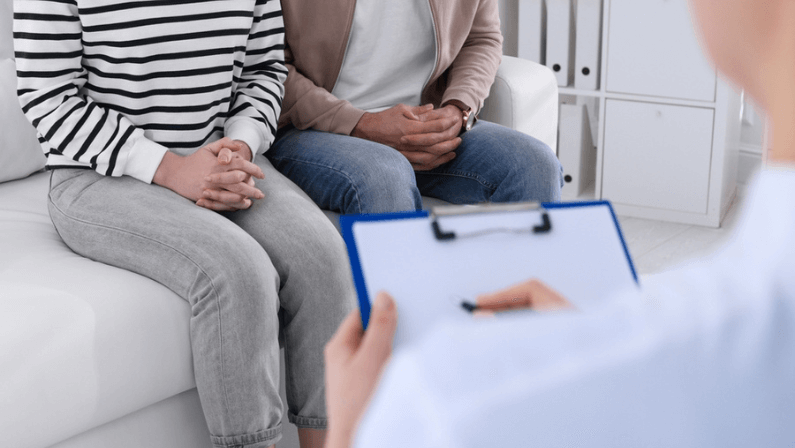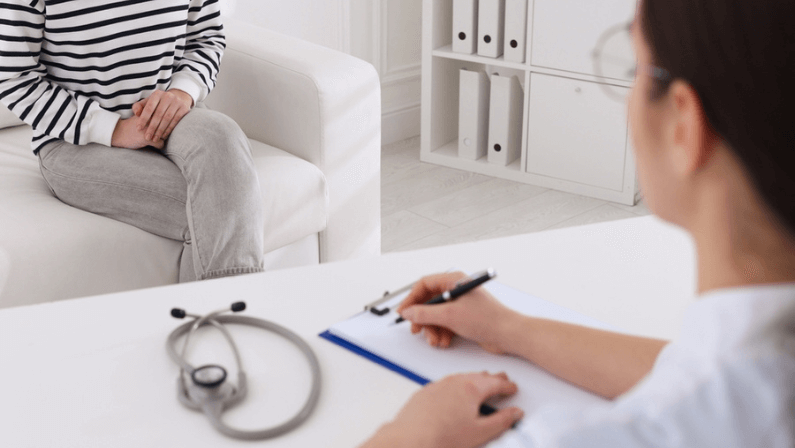Sexually transmitted diseases (STDs) can significantly impact one’s health and well-being, but effective treatment options are available to manage and often cure these infections.
Whether you’re looking for information for yourself or a loved one, this guide aims to equip you with the knowledge about STD meaning and everything you need to navigate the path to better sexual health.
What Are the Most Common Types of STD Treatments?
When it comes to treating STDs, the approach often depends on the type of infection and its severity.
- Antibiotics: These are commonly prescribed for bacterial STDs such as chlamydia and gonorrhea. Antibiotics work by killing the bacteria responsible for the infection, typically leading to a full recovery when taken as directed.
- Antiviral Medications: Used for viral STDs like herpes and HIV, these drugs help manage symptoms and reduce viral load. While they cannot cure viral infections, they can significantly reduce the severity and frequency of outbreaks.
- Topical Treatments: For conditions like genital warts caused by HPV, topical treatments can be applied directly to the affected area. These treatments help remove warts and reduce symptoms, though they may need to be used repeatedly.
- Lifestyle Changes: Incorporating safe sex practices and regular screening can help prevent the transmission of STDs and manage existing infections. These changes play a supportive role in overall treatment and health maintenance.
How Are Bacterial STDs Treated?

Can you get rid of STDs? The answer is yes! Bacterial STDs are primarily treated with antibiotics, which target and eliminate the specific bacteria causing the infection. These medications are typically effective and lead to a full recovery when taken correctly and in the prescribed dosage.
- Single-Dose Antibiotics: Some bacterial STDs, like gonorrhea, may be treated with a single dose of antibiotic medication. This method simplifies treatment and ensures effectiveness in clearing the infection.
- Extended Antibiotic Courses: For other bacterial infections, such as chlamydia, a longer course of antibiotics may be required. Following the full course of treatment is crucial to ensure the infection is completely eradicated.
- Partner Treatment: It is often recommended that sexual partners also receive treatment to prevent reinfection and further spread. Treating both partners simultaneously helps break the cycle of transmission.
Can Viral STDs Be Cured?
Viral STDs cannot currently be cured, but they can be managed effectively with antiviral medications.
Treatments for viral infections like herpes, HIV, and hepatitis focus on reducing viral loads, alleviating symptoms, and minimizing the risk of transmission.
While these treatments cannot eliminate the virus from the body, they help individuals maintain a better quality of life and prevent the spread of the infection to others. Regular medical follow-ups and adherence to prescribed treatments are essential for managing viral STDs effectively.
What Medications Are Used to Treat STDs?

The choice of medication for treating STDs depends on the type of infection and its specific requirements. Various drugs are used to target bacteria, viruses, or other pathogens responsible for these conditions.
- Antibiotics: These are the primary treatments for bacterial STDs like chlamydia and gonorrhea. Common antibiotics include azithromycin, doxycycline, and ceftriaxone, which work by eliminating the bacteria from the body.
- Antiviral Medications: For viral STDs such as herpes and HIV, antiviral drugs like acyclovir, valacyclovir, and tenofovir are prescribed. These medications help control the virus, reduce symptoms, and lower the risk of transmission.
- Topical Treatments: Used for conditions like genital warts, topical treatments include imiquimod and podofilox. These are applied directly to the affected area to remove warts and alleviate symptoms.
How Long Does STD Treatment Take?
The duration of STD treatment varies depending on the type of infection and the prescribed medication. Bacterial STDs are often treated with a course of antibiotics lasting from a single dose to a week or more.
Viral STDs require ongoing management with antiviral medications, which may need to be taken continuously to control symptoms and reduce viral load.
Following the prescribed treatment plan and attending follow-up appointments are crucial for ensuring the infection is managed effectively.
Do You Need to Inform Your Partners Before Starting Treatment?

Yes, informing your sexual partners before starting STD treatment is essential. Communicating about your diagnosis helps ensure that they get tested and treated if necessary, preventing the spread of the infection and reducing the risk of re-infection.
Open and honest dialogue with partners about sexual health fosters a safer environment and supports effective management of STDs for everyone involved.
What Should You Do If Your Symptoms Persist After
If symptoms persist after completing STD treatment, it is crucial to seek further medical evaluation. Persistent symptoms could indicate an incomplete treatment, a different infection, or resistance to the prescribed medication.
- Consult Your Healthcare Provider: Schedule an appointment with your healthcare provider to discuss ongoing symptoms and determine if additional testing or a different treatment is needed. Persistent symptoms may require a reassessment of your diagnosis.
- Follow-Up Testing: Your provider may recommend follow-up testing to ensure the infection has been fully cleared and to check for any potential complications. This step is essential for confirming that the treatment was effective.
- Review Medication Compliance: Ensure that you follow the prescribed treatment regimen correctly. Incomplete or incorrect use of medication can lead to persistent symptoms and may require a different approach.
Can You Prevent STDs After Treatment?
Preventing STDs after treatment involves a combination of safe practices and regular health checks. Implementing these preventive measures can help protect you and your partners from future infections.
- Practice Safe Sex: Consistently use condoms or other barrier methods during sexual activity to reduce the risk of transmitting or contracting STDs. Safe sex practices are crucial in preventing the spread of infections.
- Get Regular Screenings: Schedule regular STD screenings, especially if you have multiple partners or are at higher risk. Routine testing helps detect infections early and ensures ongoing sexual health.
- Communicate with Partners: Openly discuss sexual health with your partners and encourage them to get tested regularly. Communication fosters a safer sexual environment and helps prevent the spread of STDs.
When Should You Seek Medical Help After Completing STD Treatment?
If symptoms persist after completing STD treatment, it is essential to seek medical help promptly. Continuing discomfort or new symptoms could indicate that the infection has not been fully treated or another health issue may be present.
Follow-up appointments with your healthcare provider are crucial for re-evaluating your condition, ensuring the effectiveness of the treatment, and making any necessary adjustments. Prompt medical attention can help address complications and support your overall health and recovery.
Take Charge of Your Sexual Health with Aether Health
Addressing and managing STDs and treatments is crucial for your overall well-being and sexual health. It is also important to know what are sexually transmitted diseases so you will know how to prevent them.
Aether Health offers comprehensive care and treatment options tailored to your needs, ensuring you receive the best support for your health journey. Our medical team is also ready to educate you about STD diseases and symptoms.
For expert guidance and personalized treatment, reach out to Aether Health today and take control of your sexual health.
Contact Aether Health to learn more about the treatment of sexual disease and to schedule your appointment at any of our locations today.



